Fight School Drop Out in Shan State, Myanmar
The current situation in Myanmar is more than complex – ethnic minorities are torn between a political crisis, increasing poverty, drug and human trafficking […]
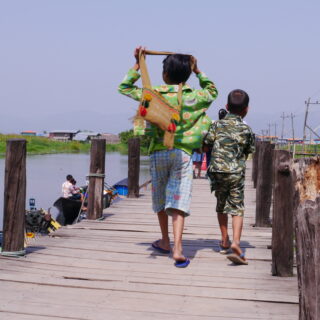
In a concerning development, the number of out-of-school children in Myanmar has more than doubled over the past two years. As COVID-19-related school closures and escalating insecurity continue, approximately half of the country’s children are now deprived of a formal education.
Enrollment in schools has dropped by up to 80% in two years in certain regions of Myanmar, leaving a staggering 7.8 million children out of school. This comes after the COVID-19 pandemic forced the closure of learning institutions globally in early 2020. Schools were fully or partially closed for months due to the pandemic. Ongoing conflicts have resulted in attacks on schools, teachers, and students, instilling fear and, in some cases, eliminating access to education entirely.
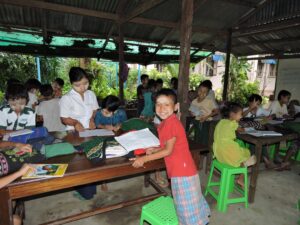

Between May 2021 and April 2022, there were at least 260 recorded attacks on schools, with explosions in and around school buildings accounting for nearly three-quarters of the incidents. Explosive devices were discovered at four educational institutions, and three explosions occurred in the proximity to schools. Additionally, 33 cases of schools or education offices being set on fire, and 10 direct attacks on teachers and education staff were recorded.
In March and April alone this year, 10 incidents were reported where armed actors occupied schools. The actual number of school occupations across the country is likely to be much higher, posing a significant threat to the availability of learning spaces across the country.

Kyi (not her real name), 14, from Magway Region, shared her story, illustrating he dire situation: “I haven’t been to school since they closed due to COVID. I was a Grade 6 student before COVID. Due to the fighting, and unstable situation, teachers didn’t go back to our school and the village. There have been no teachers in my village since the fighting began. I think they have also had to flee and hide in a safe place like us due to the fighting. I now live in a temporary tent in a jungle after fleeing from my village. My dream is to be a businesswoman. My family’s small grocery store inspired the idea. I am unhappy and so sad when I think about my future. To become my dream, I think I must study hard and need better learning opportunities. I want to learn English, I want to learn other things at school, and I want to meet with my friends and teachers. It has been a long time since I have had a chance to meet with them.”
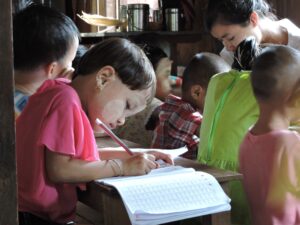
Emma Wagner, Head of Education Policy and Advocacy at Save the Children, emphasised the severity of the situation: “The COVID-19 pandemic propelled a worldwide education emergency for children. In Myanmar, the conflict has created a perfect storm for the country’s children. Every one of these attacks on schools is an attack on the future of an entire generation of Myanmar children, who are missing out on the opportunity to learn.”
The UN Security Council and the Association of Southeast Asian Nations (ASEAN) have been urged to take immediate action to protect the future of Myanmar’s children. UN High Commissioner for Human Rights, Michelle Bachelet, emphasised the need for concrete measures to address the escalating violence and called on the international community to provide humanitarian assistance to Myanmar, which currently faces a critical funding shortfall of 89.6%
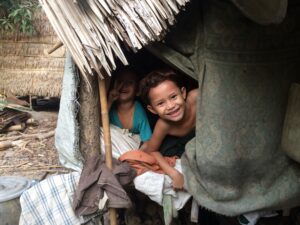
The education crisis in Myanmar, fueled by the compounding impacts of the pandemic and conflict, demands urgent attention and concerted efforts from the international community to safeguard the future of millions of children deprived of their right to education.
Children of the Mekong responds to needs encountered, whether they be social, academic, or economic, mainly through the sponsorship of children. A sponsored child receives monthly support from his sponsor, which allow them to continue their education.
Occasionally, Children of the Mekong also responds to requests for the financing of development programmes, to improve or supplement our activity with impoverished children. These projects aim to improve the living conditions and education of impoverished children, the majority of the time, in addition to the child sponsorship which provides long-term support.
Children of the Mekong does not create its own projects but responds, after assessment, to a local request.
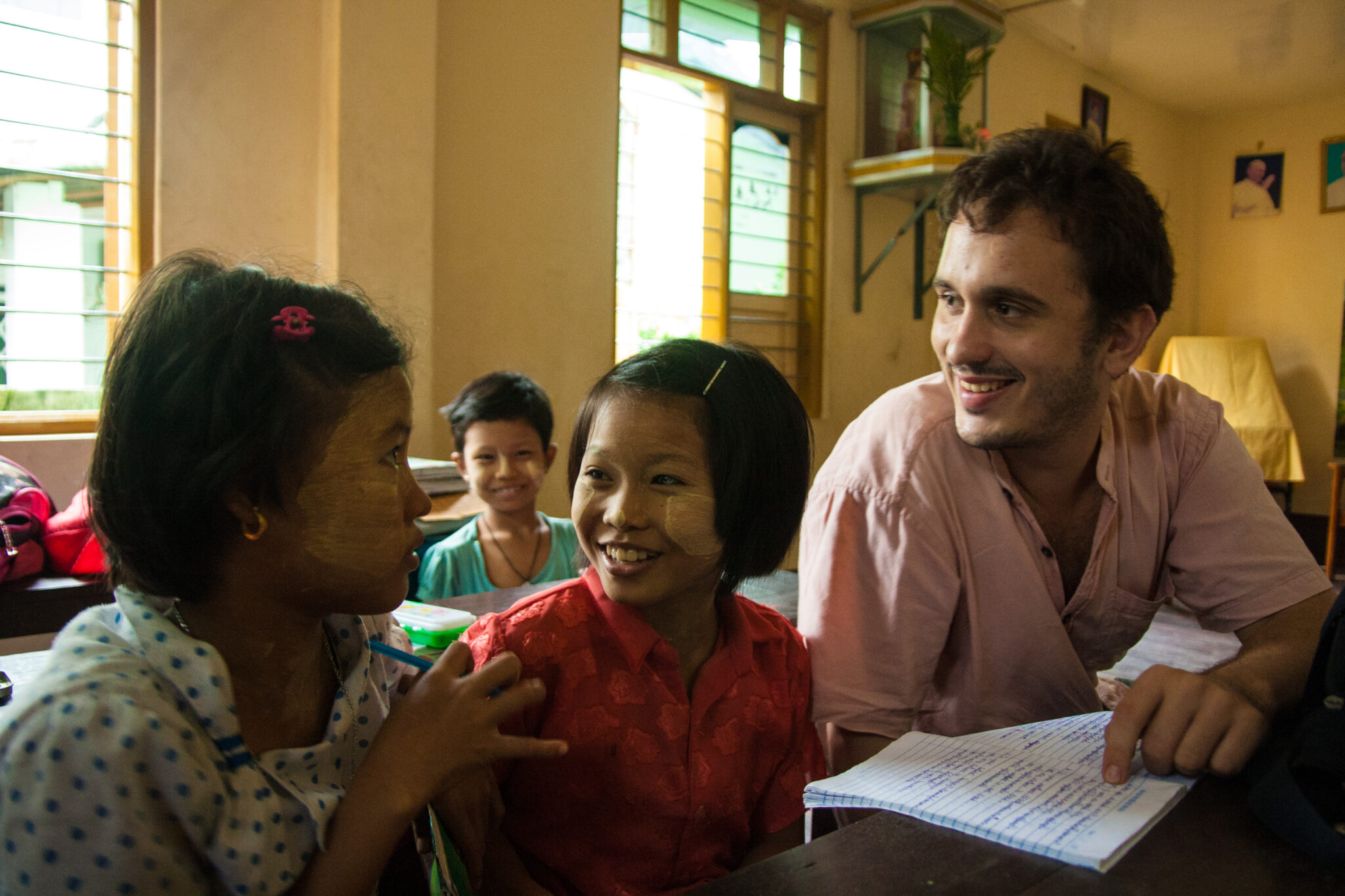
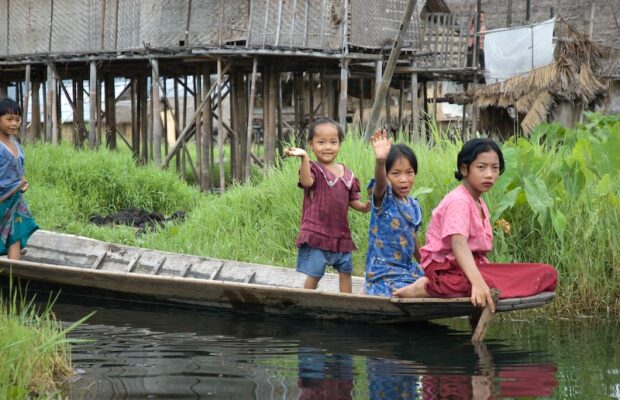
The current situation in Myanmar is more than complex – ethnic minorities are torn between a political crisis, increasing poverty, drug and human trafficking […]
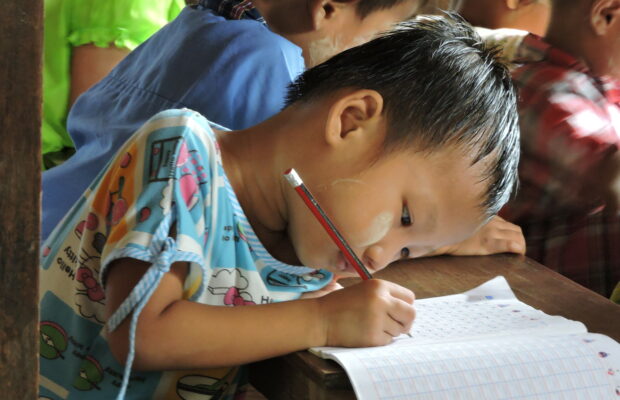
It is a real challenge for children in Tedim to go to school. This child sponsorship is a unique opportunity for these children to […]
Sponsored children: 24 of 31
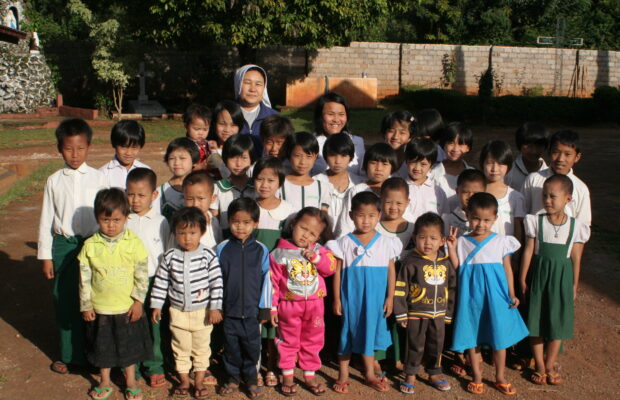
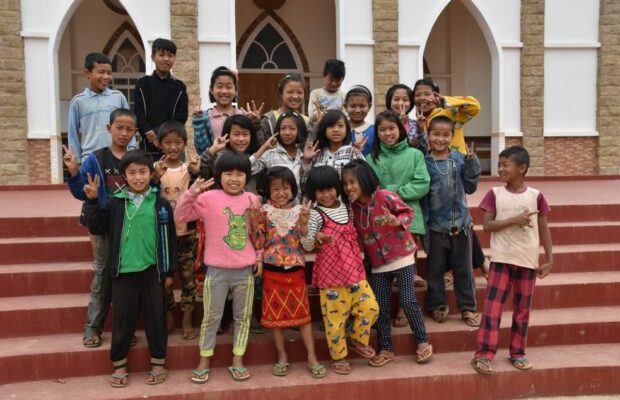
The Nam Khai programme supports the education of children who live in an isolated rural region plagued by armed conflict, drug trafficking and human […]
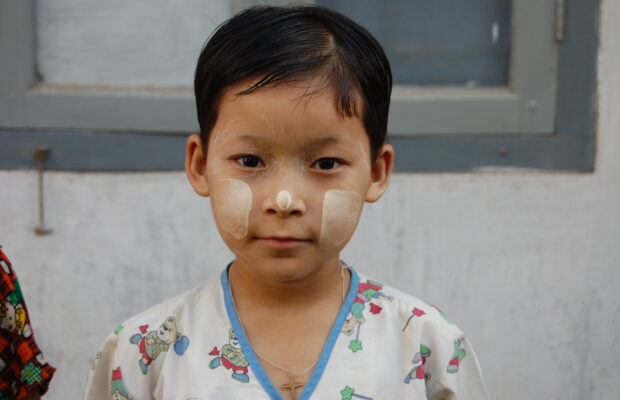
Sponsor a child from Myanmar
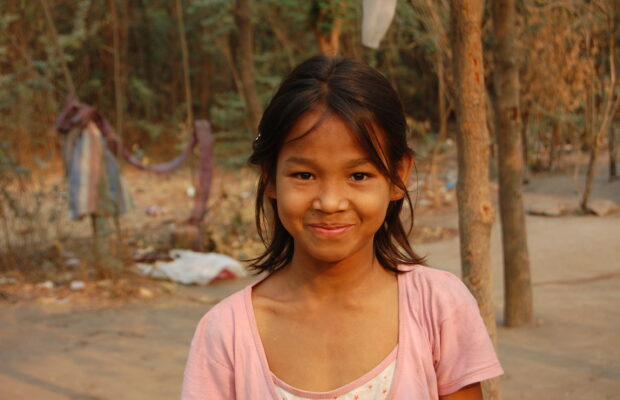
The Kyauk Tan centre, located east of Yangon, caters to children from communities that live on the margins of development. One-third of the children […]